About 6,000 Russian teenagers and schoolchildren staged a noisy protest outside Latvia's parliament
Published:
7 February 2004 y., Saturday
About 6,000 Russian teenagers and schoolchildren staged a noisy protest outside Latvia's parliament just before lawmakers passed a law Thursday requiring that all public schools -- including those with all-Russian student bodies -- teach mainly in Latvian.
In what was one of the largest demonstrations in recent Latvian history, hundreds of children waved mostly Russian-language placards, one reading, "Don't twist our arms. Let us speak Latvian voluntarily!"
The crowd also chanted "hands off our school" and "no to the reforms" in Russian. The new law mandates that at least 60 percent of classes in public schools, even those catering to the large Russian-speaking minority, must be taught in Latvian starting in September.
After several hours of heated debate, with many ethnic-Russian deputies speaking in opposition, the 100-seat Saeima overwhelmingly approved the legislation by a 71-25 vote. Other deputies either weren't present or didn't vote.
Russians call the requirements discriminatory and say they are an attack on their way of life, charges echoed by Moscow.
Latvians counter that they are meant to help integrate minorities, adding that those who don't learn Latvian will find it hard to secure good jobs.
Šaltinis:
themoscowtimes.com
Copying, publishing, announcing any information from the News.lt portal without written permission of News.lt editorial office is prohibited.
The most popular articles

The European Commission announced today the award of three of the six contracts for the procurement of Galileo’s initial operational capability.
more »
 Mobile phone giant Nokia is enlisting Britain’s young entrepreneurs to build new businesses using its career services app, JobLens. Launched in June, JobLens is a Windows Phone 8 app that helps users search for jobs in their local area.
more »
Mobile phone giant Nokia is enlisting Britain’s young entrepreneurs to build new businesses using its career services app, JobLens. Launched in June, JobLens is a Windows Phone 8 app that helps users search for jobs in their local area.
more »
 A new map of Antarctica illustrates for the first time how ice moves across the continent.
more »
A new map of Antarctica illustrates for the first time how ice moves across the continent.
more »
 The US Department of Defense's innovations arm, known as DARPA, has released test-flight video of its experimental hypersonic aircraft travelling at a speed of Mach 20, about 13,000 miles per hour.
more »
The US Department of Defense's innovations arm, known as DARPA, has released test-flight video of its experimental hypersonic aircraft travelling at a speed of Mach 20, about 13,000 miles per hour.
more »
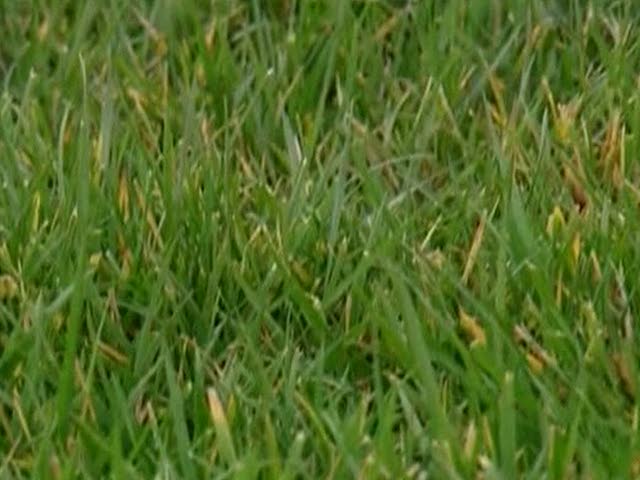 New Zealand scientists have developed a designed to reduce the number of bird strikes at airports.
more »
New Zealand scientists have developed a designed to reduce the number of bird strikes at airports.
more »
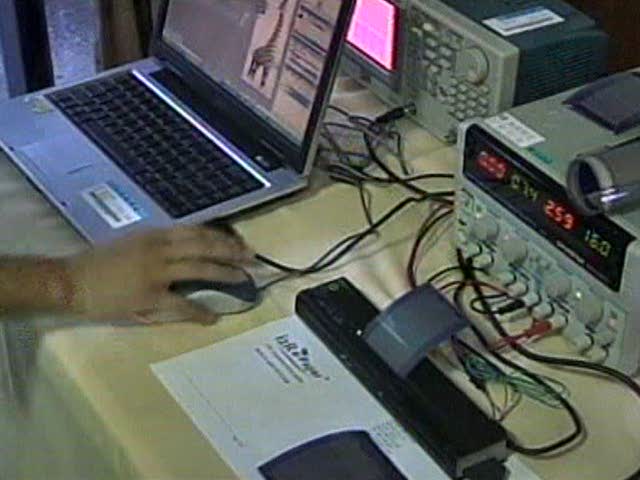 Taiwanese researchers are taking recycling to a new level with "i2r e-Paper", a rewritable electronic paper that can be re-used up to 260 times. The developers say their e-paper will soon replace the conventional paper used for signs and posters.
more »
Taiwanese researchers are taking recycling to a new level with "i2r e-Paper", a rewritable electronic paper that can be re-used up to 260 times. The developers say their e-paper will soon replace the conventional paper used for signs and posters.
more »
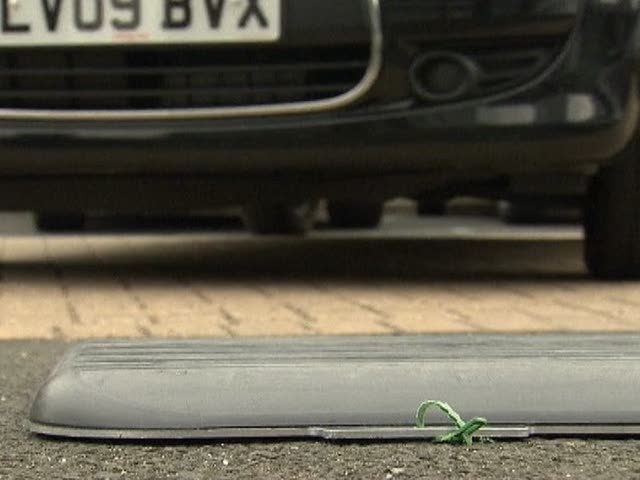 Wireless car technology promises charge-free future for motorists
While electric-powered cars are rapidly gaining momentum as a viable alternative to conventional petrol-driven vehicles, there are now moves afoot to produce cars that can be charged wirelessly. The technology behind wireless electric cars could herald an idyllic future for motorists in which they can drive as far as they like without ever worrying about recharging.
more »
Wireless car technology promises charge-free future for motorists
While electric-powered cars are rapidly gaining momentum as a viable alternative to conventional petrol-driven vehicles, there are now moves afoot to produce cars that can be charged wirelessly. The technology behind wireless electric cars could herald an idyllic future for motorists in which they can drive as far as they like without ever worrying about recharging.
more »
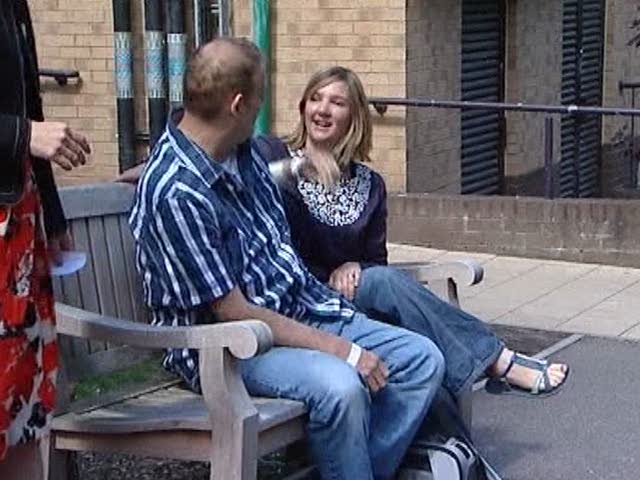 A British man is preparing to leave hospital after pioneering surgery to install an artificial heart implant. The implant is powered by a portable driver worn in a shoulder bag and is designed to keep Matthew Green alive while he waits for a heart transplant.
more »
A British man is preparing to leave hospital after pioneering surgery to install an artificial heart implant. The implant is powered by a portable driver worn in a shoulder bag and is designed to keep Matthew Green alive while he waits for a heart transplant.
more »
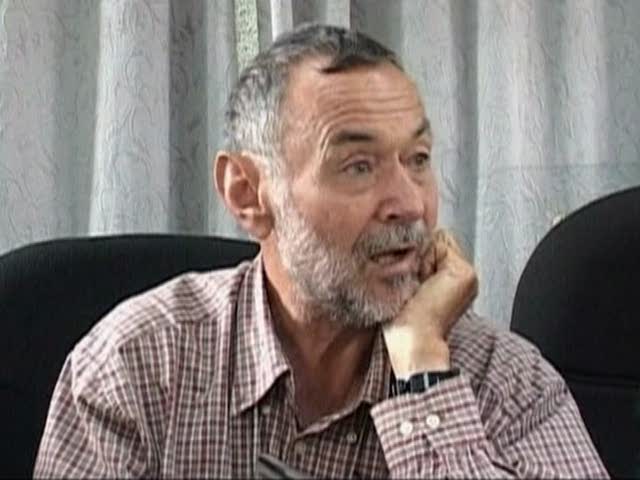 A twenty million year-old fossil, thought to be from a distant cousin of modern apes, is discovered in Uganda.
more »
A twenty million year-old fossil, thought to be from a distant cousin of modern apes, is discovered in Uganda.
more »
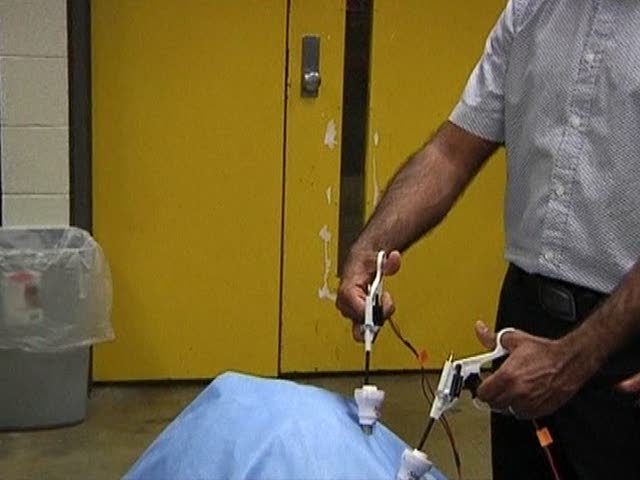 Forget scrubbing up, a new virtual surgery simulator uses the latest computer technology to train surgeons for laproscopic surgery, dramatically decreasing the need for practice on human patients.
more »
Forget scrubbing up, a new virtual surgery simulator uses the latest computer technology to train surgeons for laproscopic surgery, dramatically decreasing the need for practice on human patients.
more »
 A group of British scientists have expressed concerns that experiments on primates could give rise to a 'Planet of the Apes' type scenario.
more »
A group of British scientists have expressed concerns that experiments on primates could give rise to a 'Planet of the Apes' type scenario.
more »